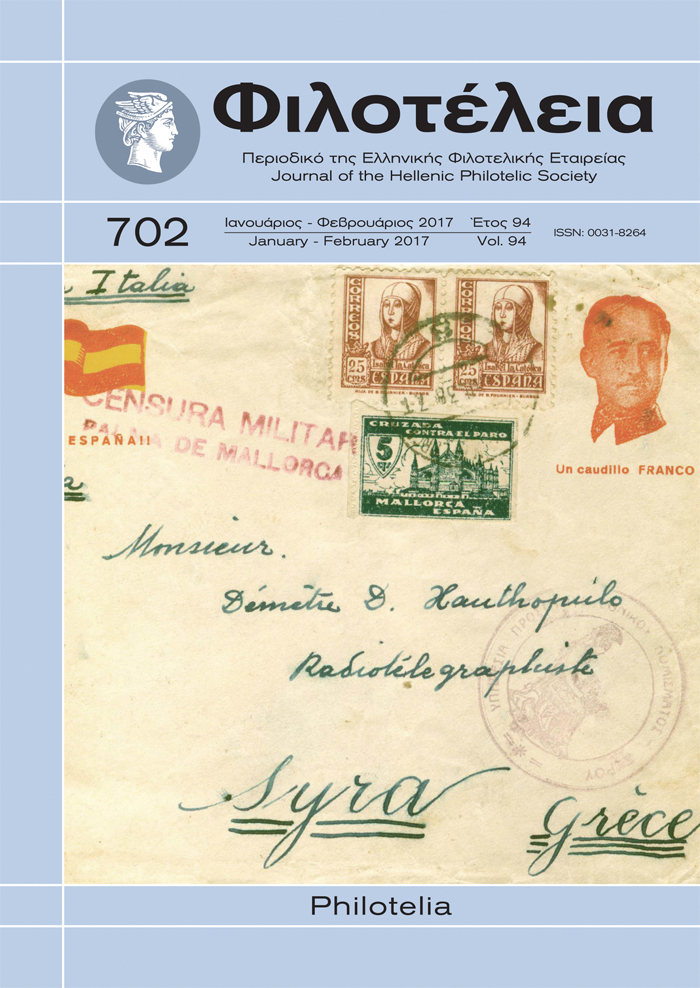 By posting a questionnaire on their website, Royal Mail conducted a survey among their huge clientele, concerning the 2019 program of commemorative stamps. The question is expressed to the public as follows: “You will see below 3 questions with a list of subjects: anniversaries and events related to the year as well as themes. For each question please select up to 3 topics which appeal the most to you and which you would purchase to keep”.
By posting a questionnaire on their website, Royal Mail conducted a survey among their huge clientele, concerning the 2019 program of commemorative stamps. The question is expressed to the public as follows: “You will see below 3 questions with a list of subjects: anniversaries and events related to the year as well as themes. For each question please select up to 3 topics which appeal the most to you and which you would purchase to keep”.
The three questions (categories) are: (a) history and transport, (b) the arts, literature and architecture and (c) science, sport and the natural world. Each category contains nine different topics plus the option “none of the above”. At the end of the questionnaire, the respondent is free to suggest subjects for postage stamps, but always under the condition “… which you would purchase to collect”.
There are so many things to be admired in this initiative by the Royal Mail!
Number one, the fact that two years ahead of time, 27 different topics for 2019 have already been selected, nine of which will make their way to the printing press, without any intervention by ministerial offices, without phone calls from the Buckingham Palace or no. 10 Downing Street etc.
Number two, the absolute sincerity of the questionnaire, which in five different points it bluntly repeats the phrase “…which you would purchase to keep”, or something quite similar. Advanced sales techniques? Surely the British know very well what they are doing.
Number three, the category “history and transport” includes the 150th anniversary of the Royal Philatelic Society London. Theirs in 2019, ours in 2025, we hope that the Hellenic Post will be alive and well in order to issue a stamp to commemorate the 100th anniversary of our own Hellenic Philatelic Society.
Most important, however, is that they gave the opportunity to their customers, all over the world, in order to submit their views. They wanted to show them their appreciation for they were buying their products for so many years and, of course, to keep them close; using the most simple and most inexpensive means. Surely, the British know very well what they are doing.
